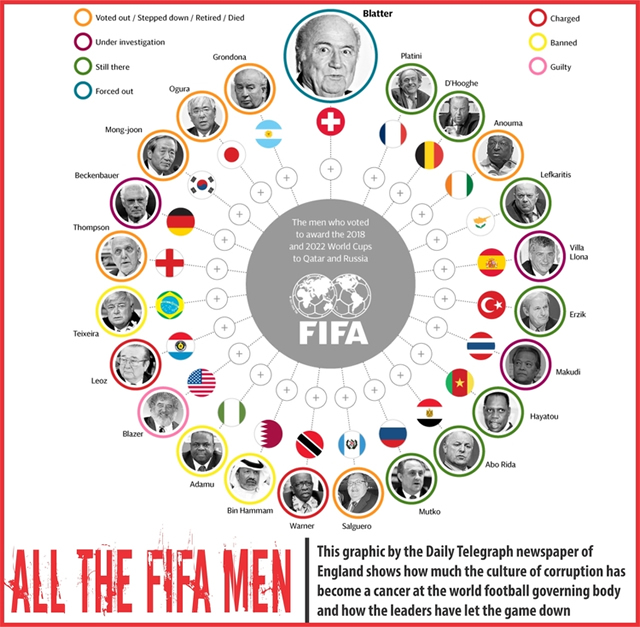Govt mulls new health funding strategy
Paidamoyo Chipunza Senior Health Reporter
Government, in partnership with its development partners, is mulling another funding mechanism to maintain health gains made in the past five years under the Health Transition Fund (HTF), Health and Child Care Minister Dr David Parirenyatwa has said.Speaking at the signing ceremony of an additional $52,4 million towards HTF by the European Union in Harare on Wednesday, Dr Parirenyatwa said the gains could diminish if there was no sustenance.
The HTF is coming to an end in December and the new funding mechanism termed the Health Development Fund is expected to start in January next year.
“We want a sustainable system, we want it to be seen to be sustainable,” said Dr Parirenyatwa.
“These gains that have been made can diminish if there is no sustenance and that will be an ultimate disaster.
“So, we hope you won’t pull away, you go into the Health Development Fund (HDT), but we will continue to lobby as Government that more money should go towards health.”
Dr Parirenyatwa said the health sector was getting a vote of eight percent from the national budget which was far from the recommended 15 percent across the African continent.
“Eight percent is really too little and it should rise above 15 percent, but I must still thank the Minister of Finance who has been extremely good at listening to us,” he said.
In addition to the $52,4 million towards HTF, the EU pledged a further $85 million towards the HDF.
EU ambassador Mr Philippe Van Damme said a country could not be in a transition phase forever.
“Now that the basic health services have more or less been restored and the basic health indicators have been stabilised, we need to go a step further, strengthen the structures and find ways to improve the quality of services so that those health indicators can continue improving, maternal and infant mortality can continue decreasing,” he said.
Mr Van Damme said the HTF was a good example of how effective the collaboration between Government and international community can improve the quality of life for Zimbabweans.
“It is a true success story, a success story that should be shared and multiplied beyond the borders of Zimbabwe,” he said.
UNICEF country representative Mr Reza Hossaini said some of the key achievements under the HTF were the stoppage of mass exodus of doctors and midwives, improved and availability of essential drugs and free access to health services for pregnant women and young children.
“Of course these results cannot be attributed to the HTF alone, but the HTF has been instrumental in catalysing the overall effort to resuscitate the health sector by investing in selected critical areas of the health system where huge funding gaps were identified,” said Mr Hossain.
The HTF was introduced in March 2011 following a near collapse of the health system which was characterised by experts leaving the country for greener pastures, institutions experiencing massive drug stock outs and high death rates, especially among children and pregnant women.
Although HTF looked forward to mobilising about $435 million over a five year period, some of the intended targets where achieved with the $158 million mobilised from different development partners.










Comments